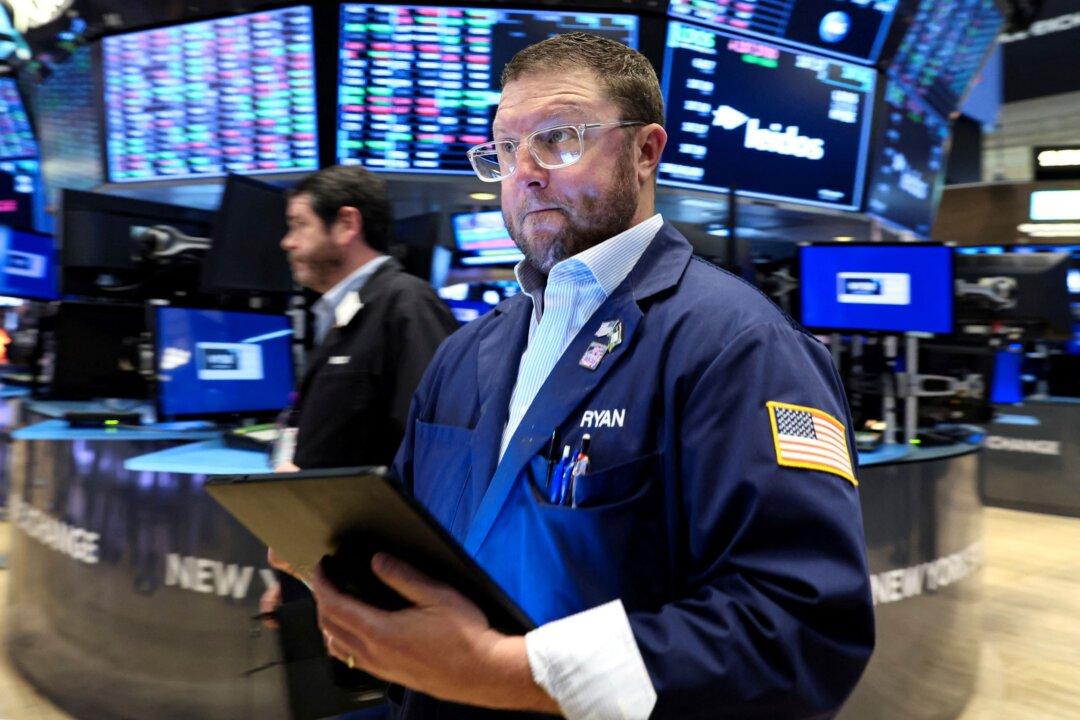Global shares and Wall Street futures sank on Tuesday ahead of the much-anticipated release of March data on U.S. inflation, which economists expect to have picked up its pace and the White House warned would come in “extraordinarily” hot.
European shares opened 1 percent lower on Tuesday, Japan’s blue-chip Nikkei stock index shed 1.81 percent, and trade in U.S. equity futures suggested Wall Street would start the day weak on opening bell.





